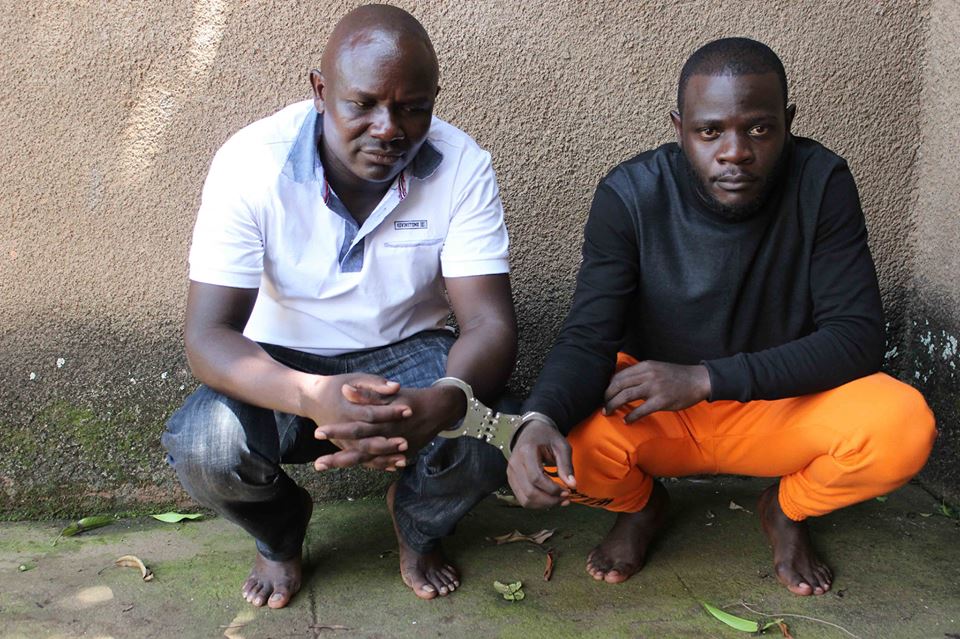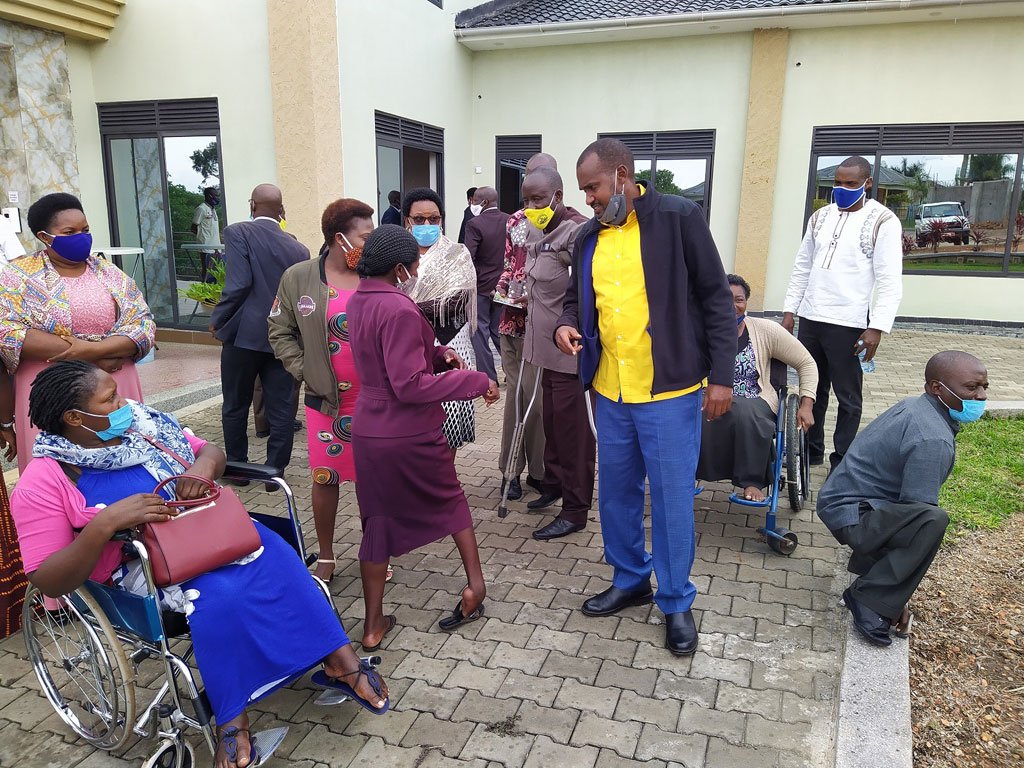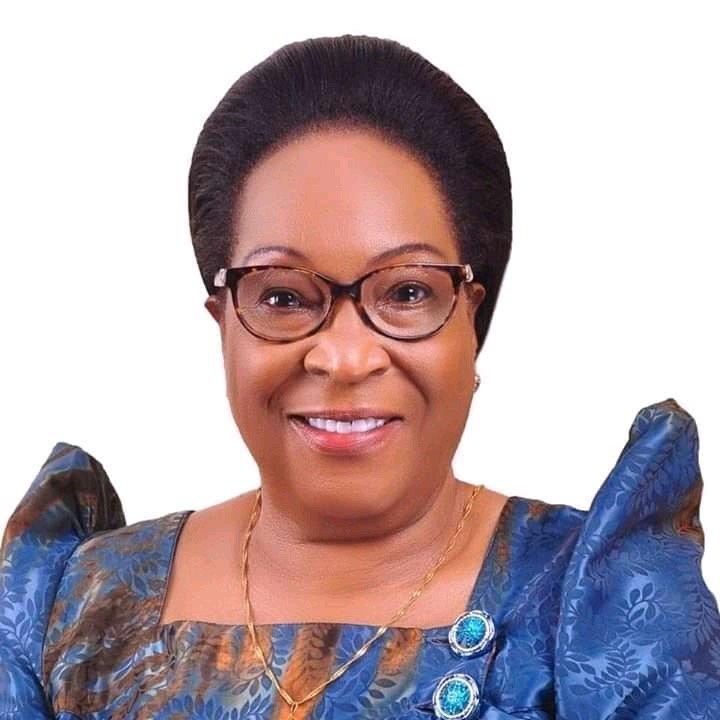By the time the first light touched Kalagala Falls and the forest shimmered in soft gold, Nyege Nyege had already woven its magic. Strangers became a community, beats turned into lasting memories, and Uganda transformed from a place on the map into an experience. Those who have danced by the Nile at 3 a.m., savoured a Rolex straight from the pan, or heard countless languages mingle under the stars know this truth: Nyege Nyege turns Uganda into a story you carry forever.
This 10th-anniversary edition, held at its new home, Adrift Overland Camp & River Club overlooking Kalagala Falls, felt like a rebirth. No storms, no interruptions, just four days of music, color, and pure creative expression.
After years of moving across the Nile Valley — from Nile Discovery to Itanda, Jinja Golf Course, and beyond — Kalagala Falls finally feels right. The river roars below, the forest creates a natural amphitheatre, and neon lights reflect off the water. This year, there were no mudslides, no frantic tarp shelters — only festival ease, sandals, and patra shorts.
Moving from Busoga to Buganda changed the dynamic. Thousands camped on-site, turning the once-quiet Kayunga stretch along the Nile into a bustling tourism corridor. Tent rentals soared — Shs240,000 for a single, Shs340,000 for a double — and even self-campers paid for space. Local vendors, from tent owners to boda riders, all benefitted.
The Nyege economy
Beneath the lasers and bass lies a festival-driven economy that has reshaped communities for a decade. Homes become guesthouses, yards become camps, and youth take on roles as vendors, guides, and fixers. Ms. Sandra Nanteza of Bystays calls it a quiet “tourism revolution,” where grandmothers host travelers and students run mini-lodges.
A 2024 Resident Advisor estimate put the festival’s economic impact at over $2 million (Shs7 billion), mostly flowing to local hotels, food vendors, artisans, and small businesses. Walk the festival grounds at 2 a.m., and you feel the pulse: steaming Rolexs, sizzling grills, tie-dye and anklet sales, boda riders navigating the crowd, and adventure operators fully booked. For Dennis Ntege of Raft Uganda, Nyege Nyege is not just a party — it’s jobs, demand, and a major boost to adventure tourism.
A cultural force
Over ten years, Nyege Nyege has evolved into a cultural institution. Through Nyege Nyege Tapes, Uganda’s experimental and underground music has reached global stages, launching international careers for artists like MC Yallah, Kampire, Catu Diosis, and Alpha Otim.
As corporate sponsorship increased and audiences diversified, the music mix shifted toward Afrobeats and dancehall in the late 2010s. This year, however, marked a return to the festival’s roots: bold DJs, experimental sounds, and the raw creativity that made Nyege Nyege iconic.
Memorable moments
Across five stages — Hakuna Kulala, Portal, Dark Star, Sunrise, and Ubuntu — the music never stopped. Fik Fameica’s Friday set became an emotional high, with the crowd echoing every lyric. Saturday brought electrifying performances from a northern dance troupe and international star Skrillex. Yet it was Ugandan DJ Suuna Ben who reclaimed the cultural spotlight, as festivalgoers waved branches like ceremonial staffs in celebration.
Challenges and the road ahead
This year, Nyege Nyege ran smoothly — weather cooperated, crowds swelled, and the local economy thrived. Musically, it returned to its roots, and community support strengthened. Yet challenges remain: ticket prices remain high, transportation gaps frustrate attendees, and after four relocations in ten years, the festival still lacks a permanent home to fully integrate culture, infrastructure, and community.
Beyond music
Tourism leaders like Dr. Lilly Ajarova see Nyege Nyege as a catalyst — a gateway that can turn weekend festival-goers into long-stay tourists. Diplomats call it a “live portrait of Uganda’s diversity and creativity,” while business leaders note the festival as a hub for partnerships, ideas, and connections.
A decade on, Nyege Nyege continues to thrive. It has survived bans, moral debates, floods, and political tension, yet each year it reinvents itself, embodying Uganda’s cultural heartbeat. Creativity survives here — and it dances.

















